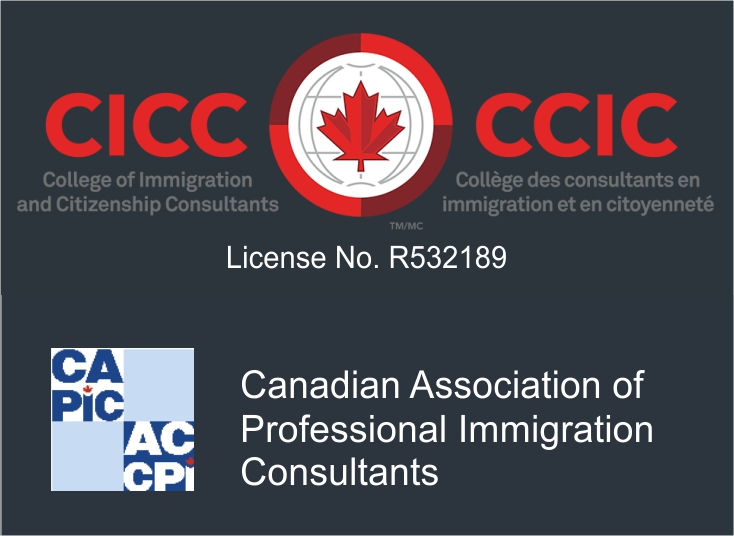NEW Cap and Guidelines for International Students
Yearly cap on study permits, changes to PGWP and OWP
January 22, 2024 – Ottawa —The Honourable Marc Miller, Minister of Immigration, Refugees and Citizenship announced today that the Government of Canada will set an intake cap on international student permit applications to stabilize new growth for a period of two years. For 2024, the cap is expected to result in approximately 360,000 approved study permits, a decrease of 35% from 2023. In the spirit of fairness, individual provincial and territorial caps have been established, weighted by population, which will result in much more significant decreases in provinces where the international student population has seen the most unsustainable growth. Study permit renewals will not be impacted. Those pursuing master’s and doctoral degrees, and elementary and secondary education are not included in the cap. Current study permit holders will not be affected.
IRCC will allocate a portion of the cap to each province and territory, who will then distribute the allocation among their designated learning institutions. To implement the cap, as of January 22, 2024, every study permit application submitted to IRCC will also require an attestation letter from a province or territory. Provinces and territories are expected to establish a process for issuing attestation letters to students by no later than March 31, 2024.
These temporary measures will be in place for two years, and the number of new study permit applications that will be accepted in 2025 will be re-assessed at the end of this year.
In order to better align the Post-Graduation Work Permit Program, we are changing the eligibility criteria:
- Starting September 1, 2024, international students who begin a study program that is part of a curriculum licensing arrangement will no longer be eligible for a postgraduation work permit upon graduation. Under curriculum licensing agreements, students physically attend a private college that has been licensed to deliver the curriculum of an associated public college. These programs have seen significant growth in attracting international students in recent years, though they have less oversight than public colleges and they act as a loophole with regards to post-graduation work permit eligibility.
- Graduates of master’s degree programs will soon be eligible to apply for a 3-year work permit. Under current criteria, the length of a postgraduation work permit is based solely on the length of an individual’s study program, hindering master’s graduates by limiting the amount of time they have to gain work experience and potentially transition to permanent residence.
In the weeks ahead, open work permits will only be available to spouses of international students in master’s and doctoral programs. The spouses of international students in other levels of study, including undergraduate and college programs, will no longer be eligible.
The important measures announced today complement other recently announced reforms to the International Student Program. Taken together, they aim to ensure genuine students receive the support they require and have the resources they need for an enriching study experience in Canada, while at the same time stabilizing the overall number of students arriving and alleviating pressures on housing, health care and other services in Canada.
If you need help with your study permit application and/or need a consultation because of these changes, please contact us. We are here to help.
For latest updates as of March 8, 2024, watch this 30-minute video.
______________________











Leave a Reply
Want to join the discussion?Feel free to contribute!